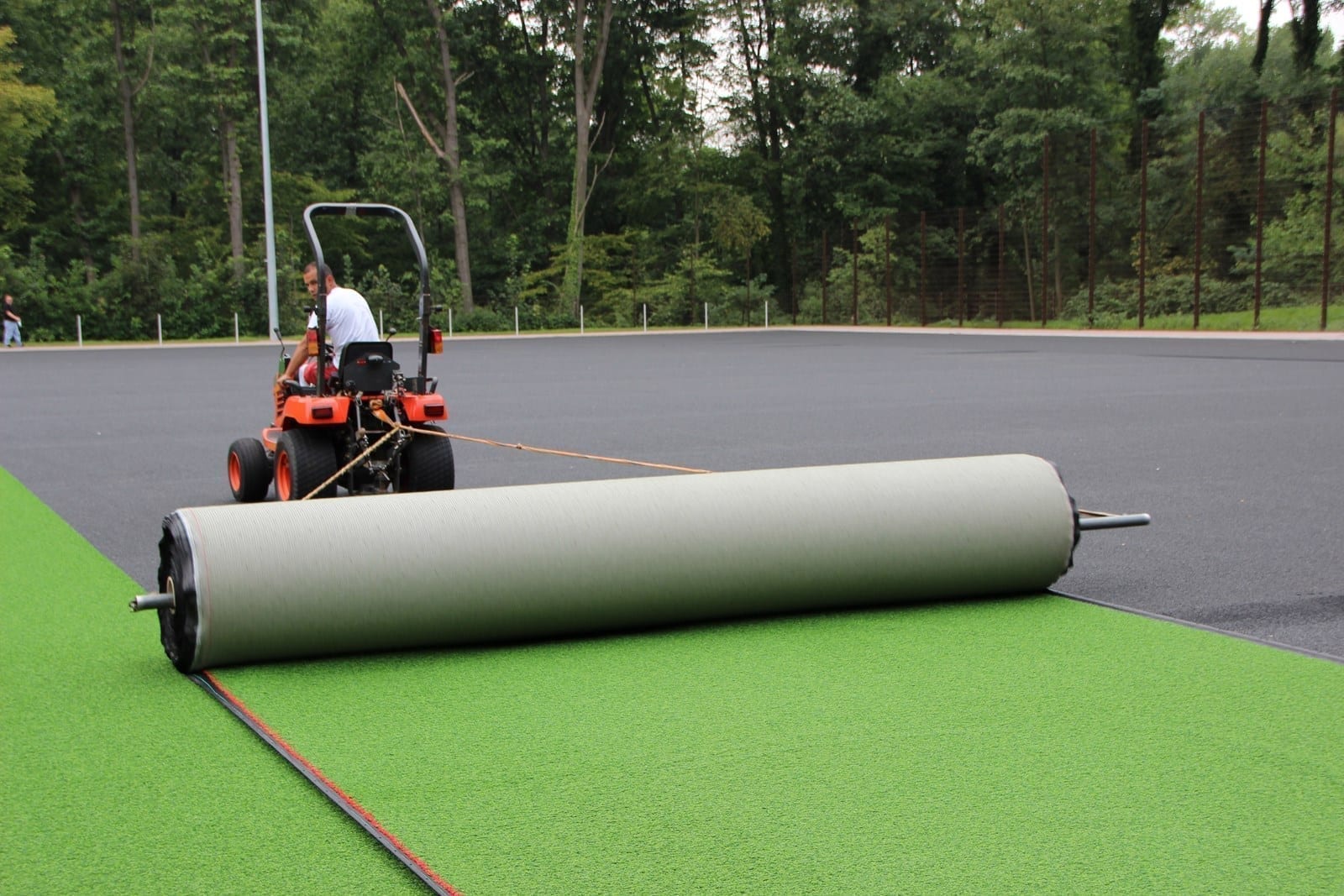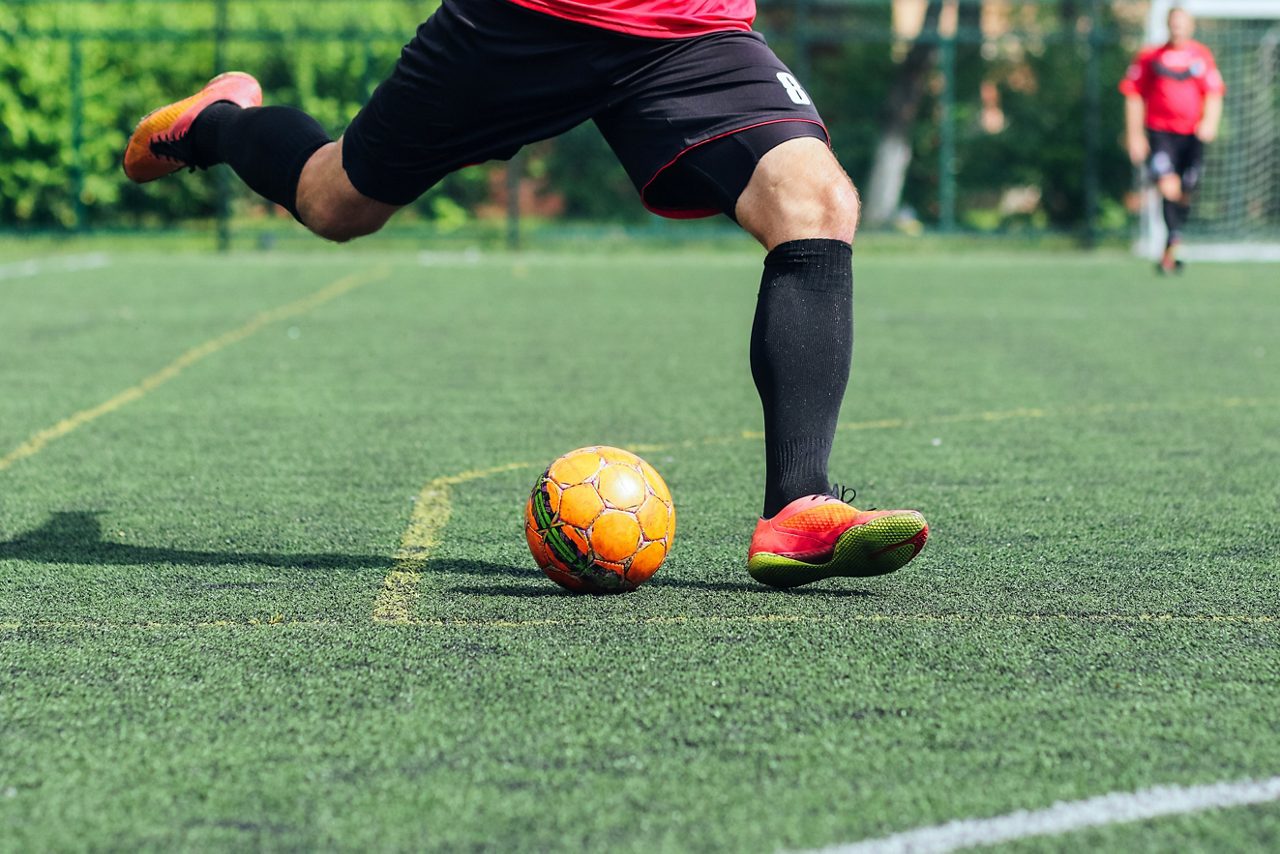Look Into the Environmental Perks of Opting for Artificial Turf Solutions
The fostering of man-made turf options offers a compelling possibility to attend to pressing ecological obstacles. By substantially minimizing water usage and lessening the application of damaging chemicals, these alternatives not only promote lasting landscape design yet also safeguard local communities. The lower carbon impact connected with decreased maintenance activities adds to an extra sustainable method to land administration. The implications of these benefits extend past mere preservation efforts, elevating questions about their long-term effect on environment conservation and general environmental balance. Checking out these dimensions discloses an intricate interplay worth thinking about.
Water Preservation Perks
One of the most considerable benefits of artificial turf is its ability to conserve water. Standard turf lawns need significant irrigation, specifically in areas vulnerable to drought or water limitations. On the other hand, synthetic lawn does not need watering, considerably lowering the general demand for water resources. This function is especially beneficial in deserts where water scarcity is a pressing issue.
By eliminating the requirement for routine watering, artificial grass contributes to sustainable landscape practices and assists alleviate the ecological effect of extreme water usage. The preservation of water extends to the decrease of overflow, which can lead to soil erosion and waterway contamination.
Additionally, the installment of synthetic grass permits communities and homeowners to allot water resources extra effectively, focusing on important usages such as alcohol consumption water and agriculture. The change towards synthetic lawn not only advertises responsible water usage however additionally straightens with more comprehensive ecological goals targeted at maintaining natural deposits.
As communities increasingly focus on sustainability, the water preservation advantages of man-made lawn offer a compelling instance for its fostering in commercial and domestic landscaping tasks.
Minimized Chemical Usage
The transition to artificial lawn substantially lowers the reliance on chemical therapies generally made use of in all-natural turf maintenance. Standard turf management normally includes the application of plant foods, herbicides, and chemicals to promote development and control insects. These chemicals can present dangers to human health and wellness, local wild animals, and the setting, adding to dirt and water contamination.
In comparison, man-made grass gets rid of the demand for these damaging substances. By lessening the launch of artificial compounds right into the ecosystem, fabricated grass advertises healthier soil and water systems.
Moreover, the absence of chemical drainage related to fabricated turf installments assists secure neighborhood rivers from air pollution, sustaining marine life and preserving biodiversity. Arizona artificial turf. As communities progressively prioritize lasting methods, opting for fabricated lawn offers a sensible remedy that straightens with environmental preservation goals. Through this change, building owners can appreciate lush green rooms without jeopardizing environmental health, leading the way for a much more lasting future
Reduced Carbon Impact

In addition, the installment of synthetic grass can result in substantial water preservation. Natural lawns call for substantial quantities of water for watering, which not just includes in the carbon impact related to water removal and therapy yet also pressures neighborhood water sources. On the other hand, synthetic grass requires minimal upkeep, calling for no watering, therefore significantly reducing water use and its associated power expenses.
In addition, the longevity of synthetic grass adds to its lower carbon effect. With a lifespan of up to 15 years or even more, the need for regular replacements is diminished, leading to less waste and reduced energy intake in production and disposing of typical turf alternatives. Generally, man-made lawn presents a sustainable alternative for ecologically mindful landscaping.
Habitat Conservation
Environment conservation is a critical consideration in the discussion over landscape design choices, specifically when comparing man-made grass to all-natural turf. Natural yard yards often call for extensive upkeep, including the use of plant foods, pesticides, and herbicides, which can detrimentally influence neighborhood ecosystems. These chemicals can leach right into the dirt and rivers, harming indigenous vegetation and animals and disrupting regional environments.
On the other hand, synthetic grass provides a possibility to decrease the eco-friendly impact of landscaping. By choosing artificial lawn, property owners can lessen the interruption of natural environments associated with standard yard treatment practices. Synthetic grass eliminates the requirement for hazardous chemicals, consequently protecting nearby wild animals and keeping the integrity of bordering communities. Additionally, the installment of man-made turf can result in the conversion of former lawn locations right into even more biodiverse landscapes, such as pollinator gardens or native plant areas, which can support regional wildlife.
Eventually, the shift to synthetic grass not just saves water and lowers maintenance initiatives however likewise cultivates an extra unified relationship in between human activities and the native environment, advertising habitat preservation at discover this info here the same time.
Long-Term Sustainability
Long-lasting navigate to this site sustainability is a vital factor in assessing the advantages of synthetic grass over typical turf yards. One of one of the most substantial advantages of synthetic grass is its toughness; it can last up to 15-20 years with very little maintenance, whereas all-natural lawn needs regular reseeding and substitute. This longevity reduces the demand for continuous resources, such as water, plant foods, and pesticides, which are vital for maintaining a healthy and balanced grass lawn.
In addition, fabricated grass adds to a reduction in carbon discharges connected with grass treatment equipment. Traditional yards typically require gas-powered mowers, trimmers, and blowers, all of which contribute to air contamination. Phoenix turf companies. In comparison, synthetic grass removes the need for such tools, promoting a cleaner setting
Moreover, the production of artificial grass significantly utilizes recycled materials, boosting its sustainability profile. As manufacturers take on environment-friendly methods, the ecological impact of man-made grass remains to lessen.

Final Thought
The fostering of artificial turf remedies offers considerable ecological advantages, consisting of substantial water conservation, reduced reliance on harmful chemicals, and a reduced carbon impact. Synthetic lawn aids in protecting all-natural environments by minimizing land disturbance and promoting long-lasting sustainability via the use of resilient products. Jointly, these variables emphasize the capacity of synthetic grass to add positively to environmental wellness and use a sensible option to standard landscape design practices in a significantly resource-conscious globe.
In comparison, synthetic grass does not require watering, considerably minimizing the overall demand for water resources. By decreasing the release of artificial compounds into the community, fabricated grass advertises healthier soil and water systems.
Moreover, the installment of synthetic turf can result in significant water conservation. In comparison, fabricated grass needs minimal upkeep, requiring no watering, thereby significantly decreasing water usage and its associated energy prices.
